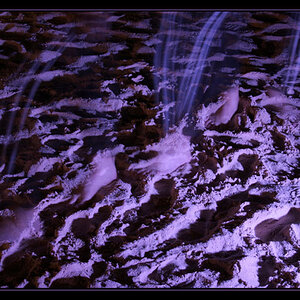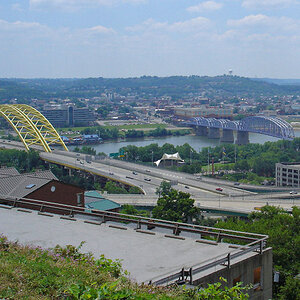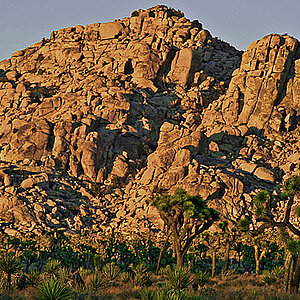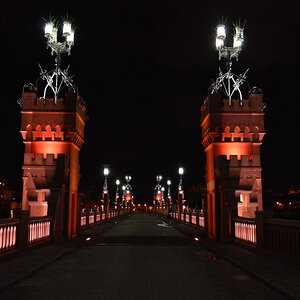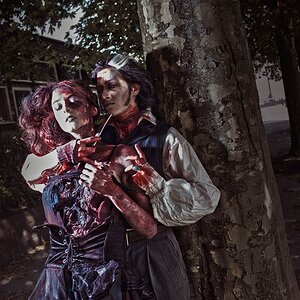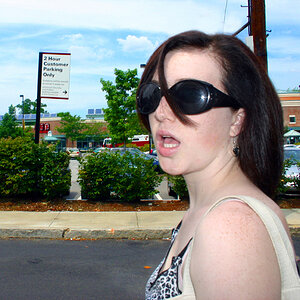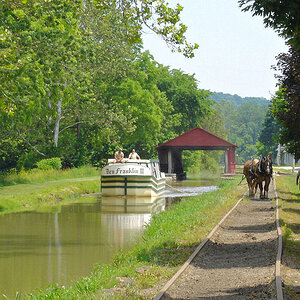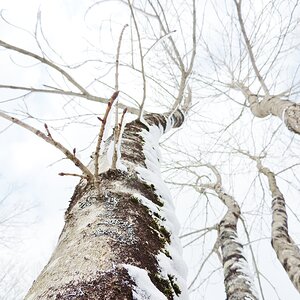I'm a technician. My photos are properly exposed and (usually) well composed. My daughter, however, takes all that and applies a more creative, artistic approach.
I'm not looking to mimic someone's work, but I'd like to expand my abilities. The question is how to do so. I've started an ideas notebook, for one thing, but are there other ways to do this?
Sent from my SPH-L720 using Tapatalk
I'm not looking to mimic someone's work, but I'd like to expand my abilities. The question is how to do so. I've started an ideas notebook, for one thing, but are there other ways to do this?
Sent from my SPH-L720 using Tapatalk



